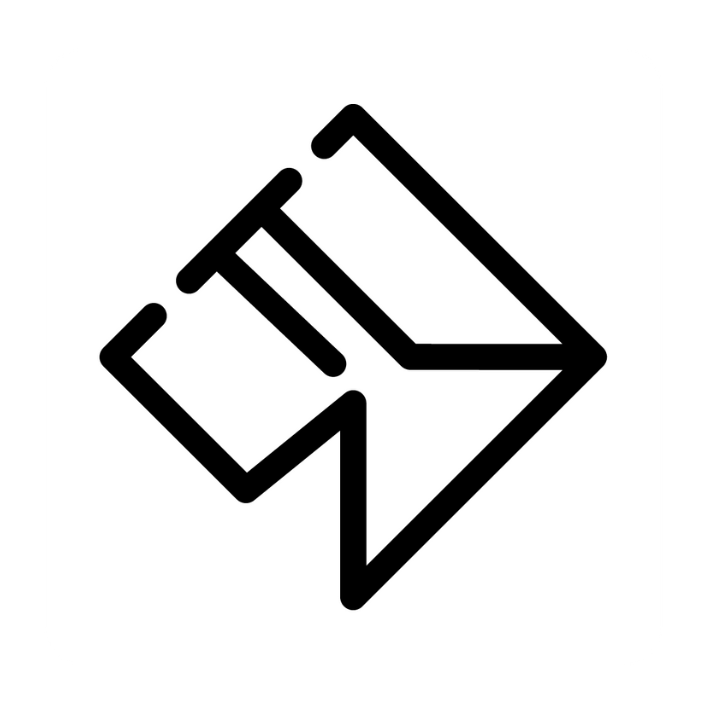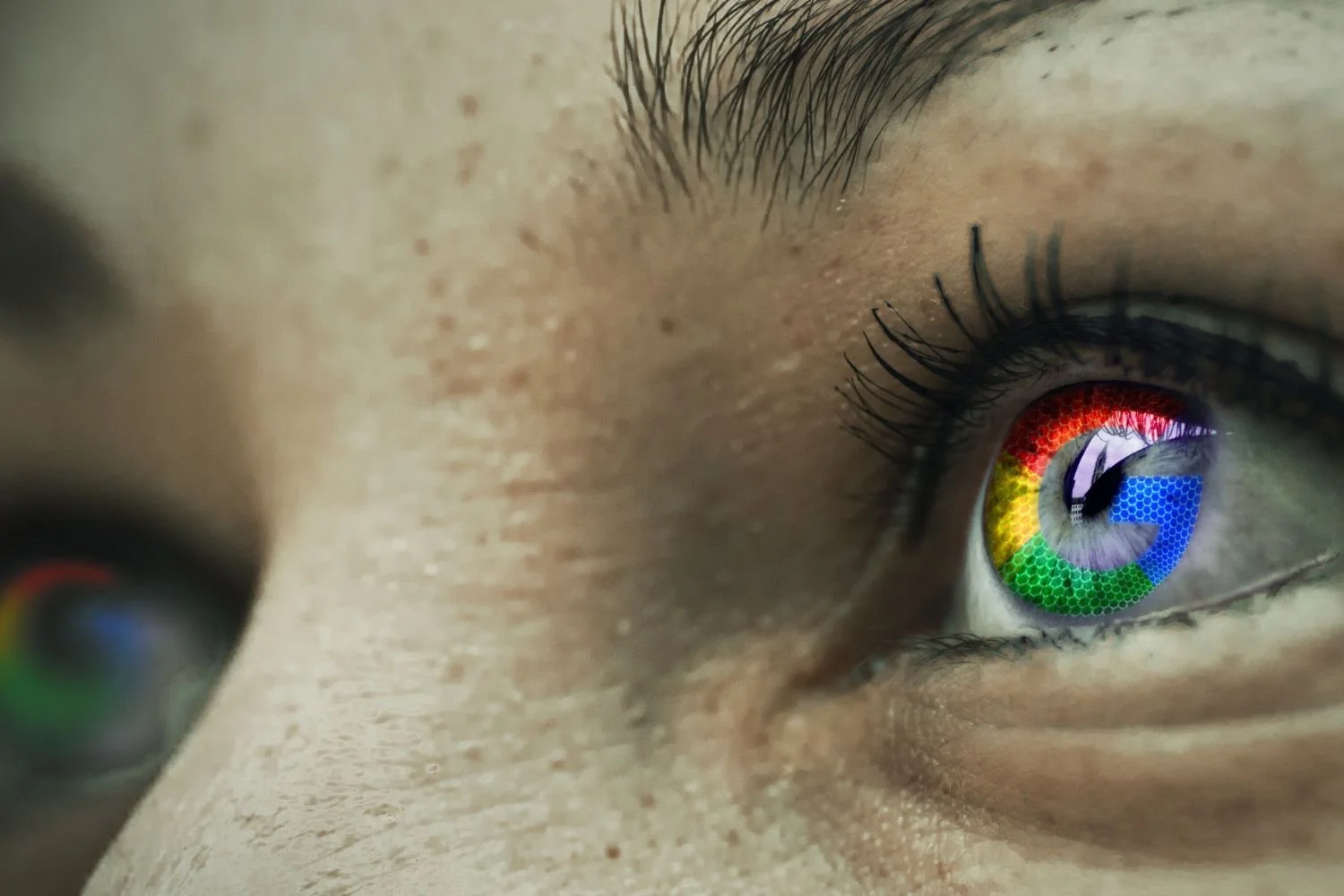AI Max de Google: lo probamos y no lo recomendamos (por ahora)
Índice
Por qué Google está priorizando Reddit
Cómo impacta esto al SEO
Estrategias para aprovechar esta tendencia
Experimento sugerido para practicantes
Conclusión
1. Qué es AI Max y por qué Google lo lanza ahora
Google ha lanzado oficialmente AI Max, una nueva estrategia de puja automática para campañas de búsqueda. Según la plataforma, esta opción está diseñada para maximizar el rendimiento usando inteligencia artificial avanzada, sin necesidad de establecer objetivos como CPA o ROAS.
La promesa: mayor rendimiento con menor intervención humana. Pero ¿funciona realmente así?
2. Cómo funciona AI Max en campañas de búsqueda
AI Max utiliza señales de intención, contexto en tiempo real, y comportamiento del usuario para tomar decisiones de puja en milisegundos. La idea es que el sistema actúe con mayor inteligencia y rapidez que un humano o incluso que otras estrategias automáticas.
No requiere objetivos preestablecidos ni históricos sólidos. Supuestamente aprende rápido y adapta las campañas en tiempo real, lo cual suena tentador… en teoría.
3. Diferencias frente a otras estrategias automáticas
Comparado con Maximizar conversiones o ROAS objetivo, AI Max intenta ir un paso más allá:
Puja sin un objetivo definido, lo que le da libertad total al algoritmo
Aprende con menos datos previos
Se adapta a cambios rápidos en las tendencias de búsqueda
Requiere menos intervención del anunciante
Pero esa libertad también significa menos control. Y eso, en nuestras pruebas, fue un problema.
4. Cuáles fueron nuestros resultados en Adsual
En nuestro video “Mi opinión sincera sobre las NUEVAS campañas IA MAX ⚠️【Google Ads 2025】”, compartimos un análisis exhaustivo basado en pruebas reales. Estos son los puntos clave:
Una de las primeras cosas que notamos fue que AI Max utiliza palabras clave en concordancia amplia por defecto, lo que genera búsquedas poco relevantes y una pérdida de control sobre los términos que activan los anuncios. Esto nos llevó a recibir clics de baja calidad que difícilmente convertían.
Además, observamos que:
El sistema generó más clics, pero con un costo por conversión mucho más alto.
La volatilidad era constante, con días de buen rendimiento seguidos de caídas sin razón clara.
Incluso en cuentas con buen historial, AI Max no logró superar estrategias como ROAS objetivo o CPA objetivo, ni en eficiencia ni en estabilidad.
No permite controlar el tipo de concordancia ni los términos de búsqueda como se haría en una campaña manual o semiautomática.
Todo esto, sumado a la falta de transparencia en las decisiones que toma el algoritmo, hace que la estrategia no sea recomendable en entornos donde se busca eficiencia y previsibilidad.
5. Por qué no lo recomendamos por el momento
Nuestra conclusión es clara: AI Max todavía no está listo para ser adoptado masivamente.
No es que esté roto, pero carece del nivel de control, transparencia y estabilidad que una estrategia Search necesita. Google lo presenta como un paso adelante, pero desde nuestra experiencia, se siente más como un experimento sin dirección clara.
Creemos que las campañas exitosas siguen requiriendo criterio humano, análisis profundo y una optimización consciente. La IA puede asistir, pero no reemplazar el conocimiento estratégico.
6. Conclusión: automatización sí, pero con control
AI Max representa el camino que Google quiere imponer: menos control para el anunciante, más protagonismo para la IA. Pero no todas las cuentas están listas (ni deberían estarlo) para ese salto.
Si estás considerando usarlo, te recomendamos esperar. Hoy, hay estrategias automáticas mucho más probadas, que combinadas con una gestión profesional, pueden darte mejores resultados y más previsibilidad.
En Adsual seguimos probando todo lo nuevo, pero siempre con una mirada crítica. Porque automatizar no es entregar el volante: es saber cuándo acelerar, frenar o girar… y eso todavía no lo hace una IA por ti.







